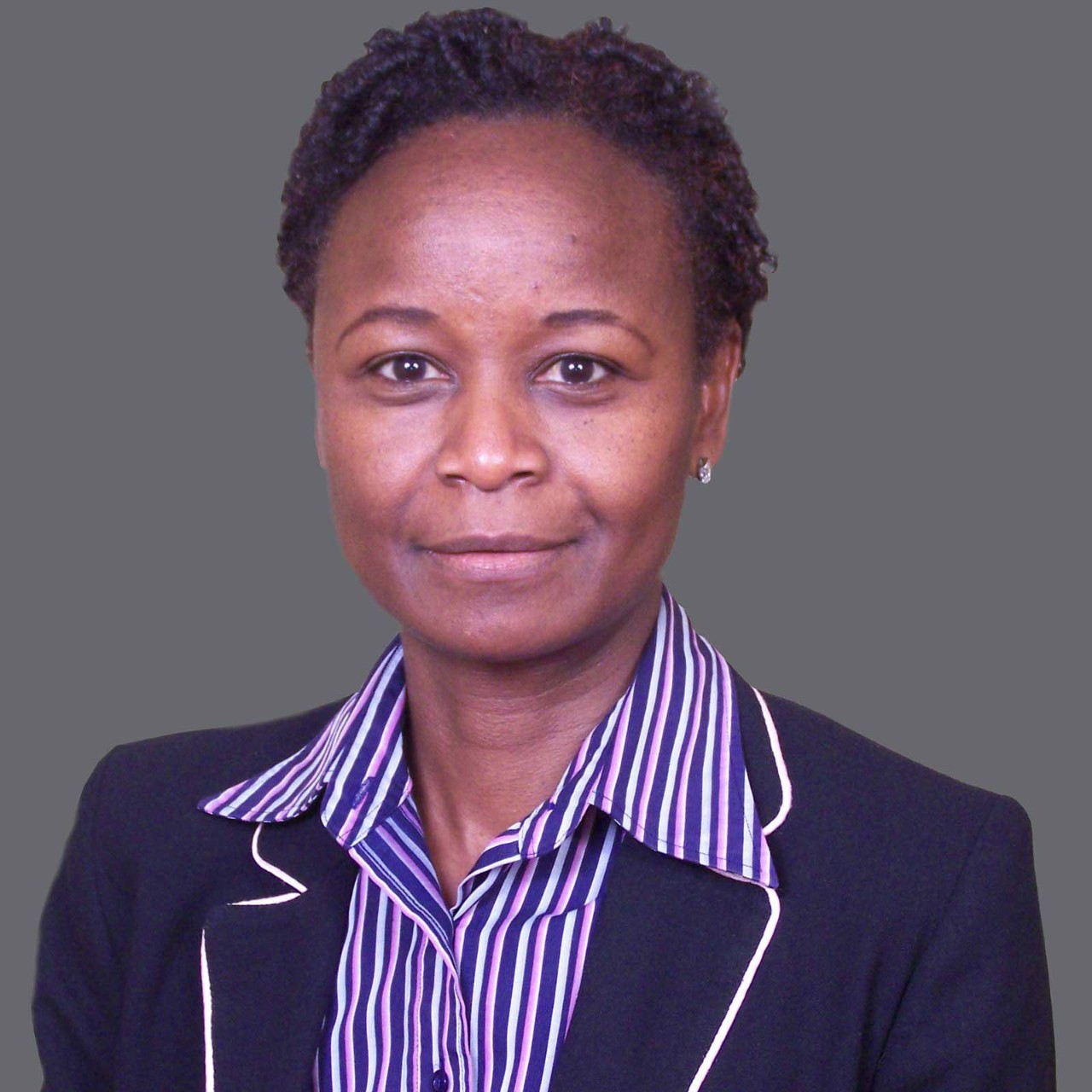
For Chiamaka Nnake FCCA, being commissioner for the Ministry of Budget and Economic Planning with the Anambra State Government (ANSG) is like leading ‘the thinktank of everything’. The sub-national ANSG is implementing an ambitious and far-reaching transformation agenda, and robust public financial management (PFM) is the foundation for all the state needs and wants to achieve. ‘As planning and budgeting cuts across everything in government, so does my role,’ she says.
Since her appointment as commissioner in 2022, Nnake’s day-to-day interactions with stakeholders have ranged far and wide. As well as communicating with citizens, politicians and other ministries, departments and agencies (MDAs) across state, local and federal government, Nnake liaises with international development partners including the World Bank and United Nations Development Programme. ‘Managing multiple stakeholders and also managing multiple interests can be challenging,’ she admits.
‘We are trying to help people understand why the transition to digital is so important’

CV
2022
Commissioner for Budget and Economic Planning, Anambra State Government, Nigeria
2018
Assistant manager then manager, advisory – strategy, PwC
2017
Senior business analyst, IHS Towers
2012
Accountant, then investment research analyst, Meristem Securities
It may become less so, as progress is made on policy-driven initiatives to automate processes including state budgeting. ‘This is not common in Nigeria, but we felt it was the only way to go,’ Nnake explains. With more than 50 MDAs and many manual processes, budgeting was an unnecessarily cumbersome and time consuming exercise, and impeded timely output of reports, such as those offering quarterly updates on budget implementation. With the process automated, the focus has shifted to capacity building and supporting adoption of the automated system.
Time of transition
As government officials can only access the digital platform for budgeting using official email addresses, in 2023 the state’s ICT agency set up a project team to provide practical support with the transition from less secure communications. ‘Taking people with you on big change projects rarely happens quickly or easily,’ Nnake points out. ‘People know the system is available, but some still prefer to give you a hard copy or send a spreadsheet for you to pick through,’ she says. ‘We are trying to help people to understand the reasons why this transition is so important.’
Almost everything relating to budgeting and planning for government is data driven, Nnake says: ‘It’s at the centre of what we do in my ministry.’ But it’s also a critical component in the ‘bigger picture’ for the future of Anambra. One way that ANSG plans to transform the state is by leveraging technology – to support data-driven decision-making and strengthen transparency and accountability. ‘This is one of our priorities in government,’ she says.
The state focus is on five pillars: security, law and order; economic transformation and infrastructure; human capital and the social agenda; governance, the rule of law and the value system; and environmental sustainability. All of these are overlapping and interrelated to some extent – and translate into a complex matrix of challenges and opportunities for ANSG. While digitalisation may present the state with some of its biggest opportunities, environmental issues present it with some of its biggest challenges.
‘The government sees environment-related issues as an existential threat for Anambra state’
Going green
‘The government sees environment-related issues as an existential threat for Anambra state,’ says Nnake, and ANSG is taking deliberate steps to address some of the big issues. In 2023, Governor Professor Charles Chukwuma Soludo launched Operation Clean, Green and Sustainable Anambra. Initiatives range widely, from distributing one million seedlings – including early fruiting varieties of hybrid coconut and oil palm – to more than 500,000 households, to capacity building within government.
Anambra State Government in numbers
NGN410bn (US$456m)
Government budget for 2024
50+
Total number of ministries, departments and agencies
3
Sub-teams in Ministry of Budget and Economic Planning – economic planning, budget and development partnerships
182
Employees in the ministry – 121 planning officers, plus smaller teams for budgeting and partnerships
Green initiatives such as this were also front of mind when Nnake recently represented Anambra as part of the Nigerian delegation at the United Nations Forum on Forests in New York. ‘Our Nigerian team, among others, highlighted the challenges associated with forest maintenance and proposed areas of collaboration,’ she says.
Raising awareness
Shortly before this, back in Anambra, Nnake’s ministry had organised a three-day workshop to help raise awareness of the valuable role that PFM can play in addressing such challenges. This helped to spread understanding and create a framework for measuring performance, while also building the necessary practical skills across ANSG. Course content was carefully selected so that it could be widely applied; each ministry nominated five people to attend, who would in turn cascade training to their own staff.
‘The positive feedback we received is truly inspiring’
‘The positive feedback we received is truly inspiring,’ says Nnake, who is grateful to ACCA for facilitating the event. ‘It was some of the most impactful training attendees have ever received, because it was so hands on.’ As well as learning about the PFM framework, participants had the opportunity to gain practical skills for report writing, giving presentations and working with data. ‘We went into data analytics because we know a lot of people have a lot of data they can’t always make sense of,’ says Nnake. ‘Making that easier is part of the beauty of AI tools like ChatGPT’.
Being at the helm of a ministry seems to suit Nnake, but this is not where she expected her finance career to take her – until the opportunity presented itself. ‘Although I’d been consulting for the public sector, I didn’t see myself working in the public sector,’ she admits. But her work as PwC lead with the committee for the development of Anambra Vision 2070, the state’s long-term development plan, had not gone unnoticed by Governor Soludo, who was the committee chairman. ‘I always try to give my best, whatever I am doing,’ says Nnake. ‘You never know who is watching you’.

